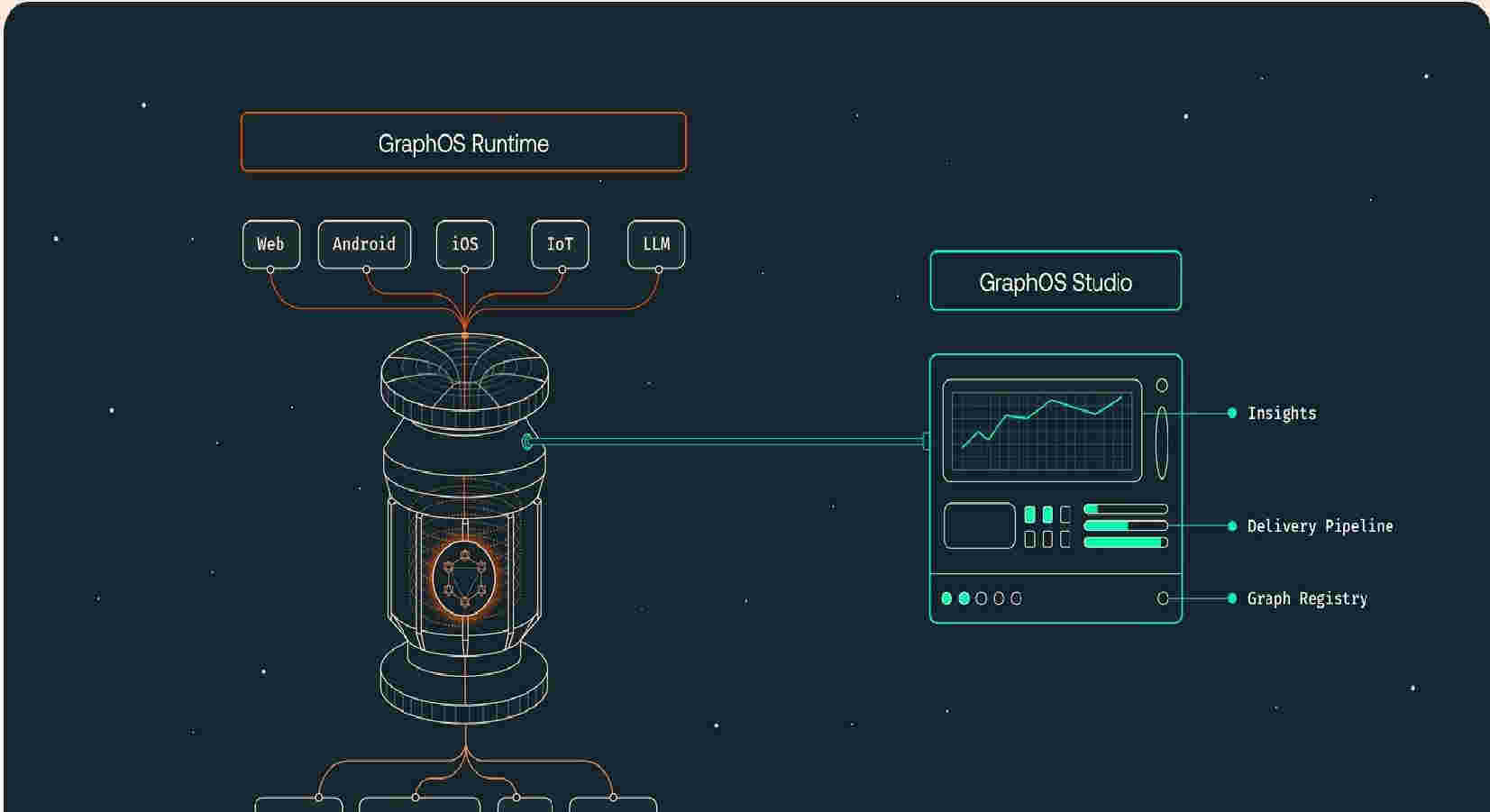| Apollo Adds REST APIs For GraphQL |
| Written by Kay Ewbank | |||
| Tuesday, 29 October 2024 | |||
|
Apollo has added a simpler way to integrate REST APIs into a federated GraphQL environment. Available now in public preview, can be used to map REST API endpoints to their GraphQL schema using a declarative syntax. GraphQL is a query language for APIs originally developed at Facebook then made open source with its own foundation. Options for using GraphQL include Apollo and Hasura. A GraphQL query is a string that is sent to a server to be interpreted and fulfilled, which then returns JSON back to the client.
Apollo's support for GraphQL provides a set of open-source and proprietary tools to enable developers to build apps with GraphQL. There's a JavaScript Apollo Server that can be used to create a custom GraphQL server, and a front-end client SDK.
The new Apollo Connectors are intended for developers who want to use a GraphQL API using non-GraphQL services. Developers can use a declarative syntax in their schema files to connect GraphQL fields to HTTP APIs. GraphOS Router uses that information to talk directly to the API with no need for a subgraph. Until now, if a developer wanted to add a REST service to their federated GraphQL API, they had to deploy a new subgraph service, including monitoring, auto-scaling, and load-balancing, that would then sit in between the router and the REST API. Apollo Connectors now eliminate the need for the intermediate service, and the router then speaks directly to the REST APIs. Apollo says the new connectors will let teams supporting existing REST APIs provide GraphQL interfaces quickly and easily. Apollo GraphOS provides standardized tooling for using Apollo Connectors. Its context-aware smart editor and Visual Studio Code extension provides auto-completion, linting, and in-line validations. Alongside the new REST APIs, Apollo GraphOS has added support for custom schema checks, so developers can integrate local business logic and governance rules into Apollo's existing schema check workflow. Local workflows have also been enhanced with improvements to Rover, Apollo's command-line interface for GraphOS. This is now more closely integrated with GraphOS Studio and is up to ten times faster when composing large graphs thanks to a move to parallel and asynchronous execution of commands like compose and fetch. Rover also now supports subgraph mirroring, an automated workflow that allows developers to fetch and test subgraph configurations on their local machines.
More InformationRelated ArticlesHasura GraphQL Adds REST Support Facebook GraphQL Gets Own Foundation Facebook Apollo NoSQL Database To be informed about new articles on I Programmer, sign up for our weekly newsletter, subscribe to the RSS feed and follow us on Twitter, Facebook or Linkedin.
Comments
or email your comment to: comments@i-programmer.info |



